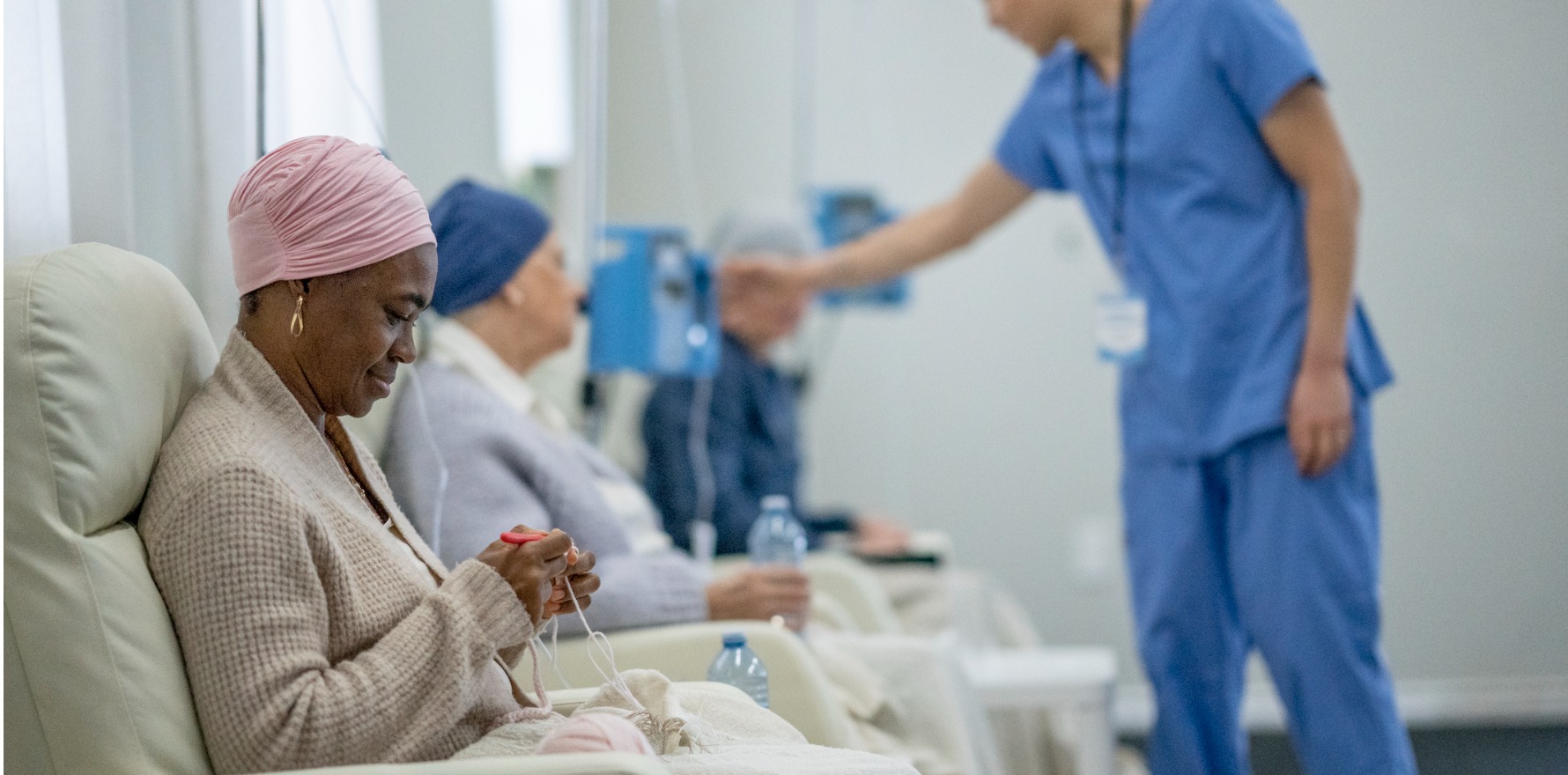Melanoma, post-operative infection, stroke and vaccine trials take out this year’s Australian Clinical Trial Awards.
It takes a mammoth effort to see a clinical trial to completion. Blood, sweat and tears are de rigueur – and that’s before any participants are recruited.
And after the thousands of hours of planning, designing, applying for grants, making submissions, collaborating, researching, writing, refining and maybe even running a pilot study – all of which adds up to several years in the end – if all goes well, there will be publication, discussion, perhaps a change in clinical practice and, of course, more research.
“By the time you recruit the first person, you feel like you’ve run a marathon,” says Professor Anne Cusp, one of the winners of the Australian Clinical Trials Alliance’s (ACTA) Clinical Trial of the Year Awards, which were held in Sydney last week.
“To get to the end is really rewarding. The award is lovely recognition for the work that has gone into the study by the whole team.”
Professor Cust and her co-authors won the award in the Health Economics Alongside Trials category, for The Melanoma Genomics Managing Your Risk study, showing that providing information about genetic risk of melanoma to people who have a traditionally high risk of melanoma does change their behaviour and is cost effective.
“Genomic information is quite good at predicting risk of melanoma; it’s just as good all the other traditional risk factors together,” Professor Cust explains.
There has been a buzz around the idea of a melanoma screening program. The Melanoma Institute of Australia, The Australasian College of Dermatologists, and the Australasian Melanoma and Skin Cancer Alliance have all put out position statements saying that general population screening is not recommended, but targeted screening for high-risk individuals should be considered.
The federal budget, handed down earlier this month, set aside $25 million for prevention and early detection of melanoma, with $10.3 million specifically to develop an evidence base for a targetted screening program.
Currently, the cost of skin checks is often borne by the individual, but targeted screening will make high quality skin checks available for people who most need them, says Professor Cust.
Professor Cust’s team included experts in health economics, genomics, sociology, ethics, law, statistics, psychology and epidemiology.
“In Australia, we’re really good at working with multidisciplinary teams. One of the investigators was from the US and he remarked on how rare it is to find that in the US,” Professor Cust says.
The team also included a consumer, who is a credited co-author.
“That is starting to become more common. There’s been a push over the last five to 10 years to really engage with consumers in research,” says Professor Cust.
“That doesn’t necessarily mean they’re an author, but it makes sense when you’ve engaged with them through the whole process and they’ve met the authorship criteria.”
Related
The Trial of the Year award was won by a team from Monash University in Melbourne, led by Professor Trisha Peel, in collaboration with orthopaedic surgeons and infectious diseases experts, for their work on the prevention of site infections in patients who have joint replacement surgery.
One in 20 people who undergo this common surgery suffer a post-operative wound infection, which leads to more operations and longer hospital stays. Antibiotic resistant bacteria has led to a greater incidence of these infections.
The ASAP (Australian Surgical Antibiotic Prophylaxis) Trial, published in the New England Journal of Medicine last year, found that giving the antibiotic vancomycin in addition to the standard cefazolin at the time of surgery did not protect against infection and may have led to worse outcomes for patients.
“Since publishing, it has afforded clinicians to re-evaluate the benefit of adding vancomycin to the standard antibiotic prophylaxis (with cefazolin),” says Professor Peel.
“It has also allowed us to focus on other strategies to test and evaluate in the prevention of joint replacement surgery. In addition, we have developed and built capacity in a broad clinical network, allowing for additional clinical trials to be conducted.”
The study involved 11 trial centres, both public and private, in metropolitan and regional areas, and was undertaken during the pandemic.
“I am immensely proud of the team I worked with in that they were able to continue with the trial, safely and efficiently, despite these challenges,” says Professor Peel.
“My advice to others would be to explore engaging a broad range of centres, including regional centres, as they are great potential collaborators.
“The award means a great deal to me, my team, the clinicians, research staff and patients that collaborated on this research project. It recognises their hard work and dedication to the project.”
Two other awards were presented on the night. The Consumer Involvement Award went to The Recovery-focused Community support to Avoid readmissions and improve Participation after Stroke (ReCAPs) trial, which assessed the effectiveness of a 12-week digital health self-management support package for adults with stroke who were discharged directly from hospital to home.
Almost half a million Australians live with stroke. The program aims to help them self-manage their recovery goals within two weeks of returning home using text messages or emails. The intervention was designed in collaboration with consumers, who were also co-authors.
The BRACE trial took out the STInG Excellence in Trial Statistics Award. This research looked at whether the BCG vaccine, usually given to protect against tuberculosis, could protect healthcare workers from covid before specific vaccines were available. One of the largest global trials undertaken during the pandemic, it involved almost 7000 healthcare workers from 36 hospitals in five countries.
“Although the trial found that BCG vaccination did not reduce the risk of getting Covid-19, the results are invaluable,” say the researchers.
“They emphasise that, even in emergencies, it is important to thoroughly evaluate interventions through randomised trials before widespread use and avoid the diversion of limited supplies of a medicine needed for standard clinical use.”






